Switzerland Joins EU In Targeting Russian Media Propaganda

Table of Contents
Switzerland's Shift in Stance Towards Russian Disinformation
Switzerland, traditionally known for its strict neutrality, has historically avoided direct confrontation in international conflicts. However, the relentless barrage of Kremlin-backed disinformation campaigns targeting Swiss citizens has forced a reevaluation of this stance. Increasing evidence of Russian propaganda influencing public opinion on the war in Ukraine and spreading conspiracy theories within Switzerland has prompted the country to take a more active role in countering this threat. This shift represents a departure from long-held neutrality principles, reflecting the gravity of the disinformation challenge.
Factors driving this policy change include:
- Increased detection of fake news originating from Russia: Sophisticated analysis has uncovered a significant increase in disinformation campaigns emanating from Russia, specifically targeting Swiss media and social media platforms.
- Growing pressure from international partners to counter disinformation: Allies have urged Switzerland to actively participate in countering the broader threat of Russian disinformation, emphasizing its destabilizing impact on European security.
- Concerns over the impact of propaganda on Swiss society and democratic processes: The potential for manipulation of public opinion and erosion of trust in democratic institutions has spurred action.
EU's Coordinated Strategy Against Russian Propaganda
The EU has long recognized the threat posed by Russian disinformation and has developed a comprehensive strategy to combat it. This involves a multi-faceted approach encompassing legislative measures, collaborative initiatives, and strategic communication. The EU’s efforts focus on identifying, analyzing, and countering Russian narratives, aiming to protect citizens from manipulation.
Key strategies employed by the EU include:
- EU's Digital Services Act (DSA): This legislation aims to hold online platforms accountable for the spread of disinformation on their services, forcing them to take proactive measures to mitigate its impact.
- EU's strategic communication initiatives: These initiatives involve producing and disseminating counter-narratives, promoting factual information, and supporting independent media outlets.
- Collaboration with social media platforms: The EU works closely with major social media platforms to identify and remove or flag disinformation content, promoting transparency and accountability. The EU’s East StratCom Task Force plays a crucial role in coordinating these efforts, analyzing disinformation campaigns, and providing strategic guidance.
Joint Efforts of Switzerland and the EU in Combating Russian Media Manipulation
The collaboration between Switzerland and the EU in countering Russian media manipulation is marked by intelligence sharing, joint investigations, and coordinated messaging campaigns. This partnership, while navigating the complexities of Switzerland’s traditional neutrality, represents a significant step in bolstering collective security against disinformation.
Specific areas of cooperation include:
- Shared intelligence on Russian disinformation tactics: Both parties exchange information on the methods and techniques employed by Russian propagandists, improving their collective ability to identify and respond to threats.
- Joint media literacy campaigns to educate citizens: Cooperative efforts aim to empower citizens with the critical thinking skills needed to identify and resist disinformation, fostering media literacy.
- Coordination on sanctions related to media outlets spreading disinformation: Joint efforts to impose sanctions on Russian media outlets engaged in spreading disinformation strengthen the impact of existing counter-measures.
Impact on Swiss Media Landscape and Public Opinion
The Swiss media landscape is actively adapting to the increased threat of Russian propaganda. News outlets are enhancing fact-checking procedures and increasing scrutiny of Russian information sources. The collaborative efforts with the EU are further strengthening media integrity. This increased vigilance, along with public awareness campaigns, has begun to shift public perception of Russian information sources, leading to greater skepticism and critical engagement with media consumption.
Specific observable changes include:
- Increased media scrutiny of Russian news sources: Swiss media outlets are now more rigorously vetting and analyzing information from Russian sources, highlighting biases and inaccuracies.
- Growth in fact-checking initiatives within the Swiss media: Fact-checking organizations have expanded their reach and influence, providing credible counter-narratives to combat misinformation.
- Shift in public perception of Russian information sources: Public trust in Russian media outlets has diminished, leading to a greater reliance on credible, independent sources of information.
Conclusion
Switzerland's unprecedented collaboration with the EU in tackling Russian media propaganda represents a significant turning point. This joint effort, building upon the EU’s established counter-propaganda strategies, leverages shared resources and expertise to combat the threat more effectively. Combating Russian media propaganda is crucial for maintaining democratic values, societal stability, and safeguarding the integrity of the information ecosystem. Stay informed about Russian disinformation campaigns, actively promote media literacy within your communities, and support initiatives dedicated to countering Russian media manipulation. Critically evaluate your information sources, and report suspected instances of Russian media manipulation to the appropriate authorities. Together, we can strengthen our defenses against this persistent threat.

Featured Posts
-
 Trump Demands Powells Termination Amidst Economic Concerns
Apr 23, 2025
Trump Demands Powells Termination Amidst Economic Concerns
Apr 23, 2025 -
 How Ai Is Reshaping Wildlife Conservation A Double Edged Sword
Apr 23, 2025
How Ai Is Reshaping Wildlife Conservation A Double Edged Sword
Apr 23, 2025 -
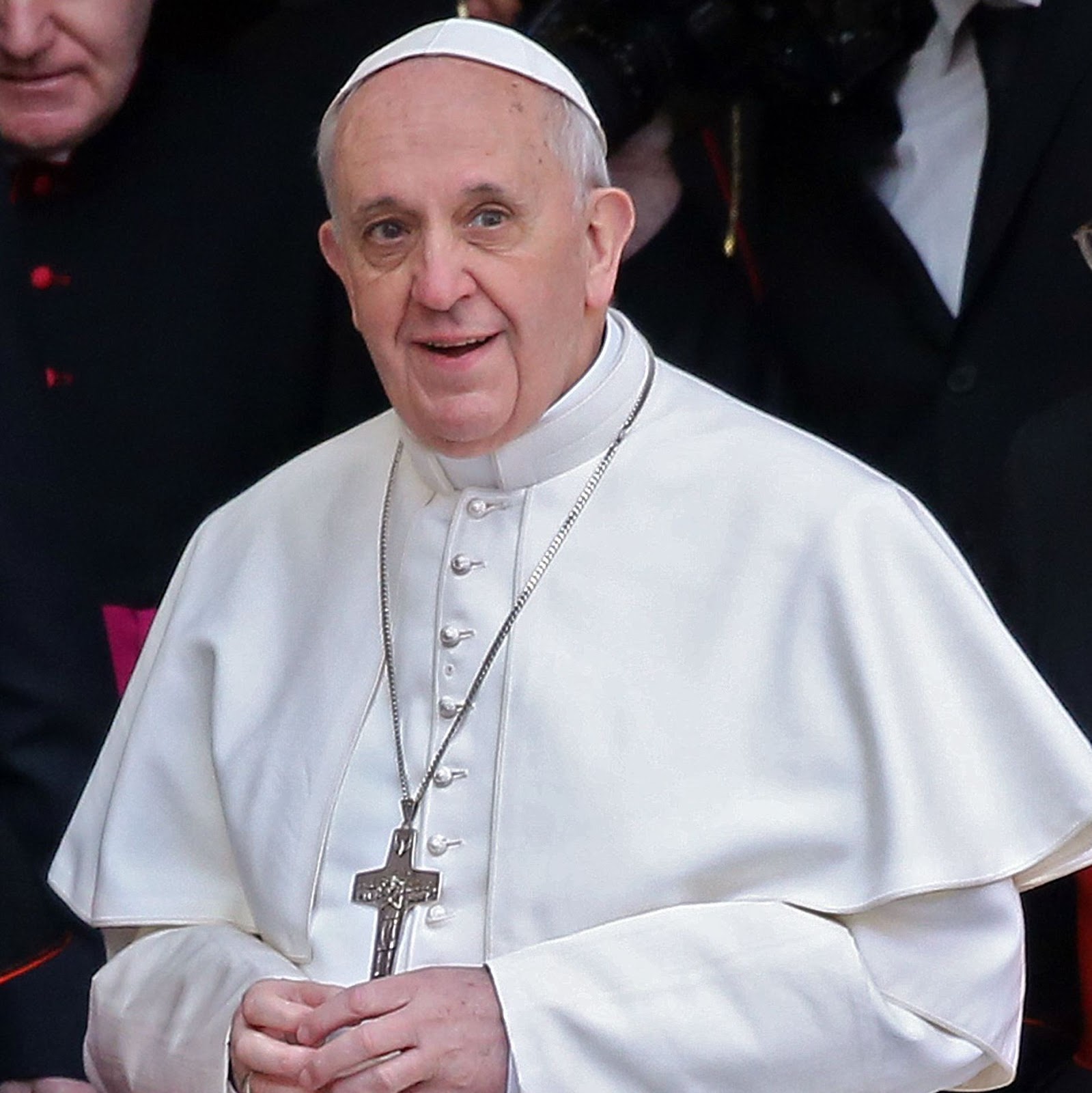 What Happens To The Popes Ring After Death The Case Of Pope Francis
Apr 23, 2025
What Happens To The Popes Ring After Death The Case Of Pope Francis
Apr 23, 2025 -
 Brewers Historic Nine Stolen Bases Lead To Dominant Win Against As
Apr 23, 2025
Brewers Historic Nine Stolen Bases Lead To Dominant Win Against As
Apr 23, 2025 -
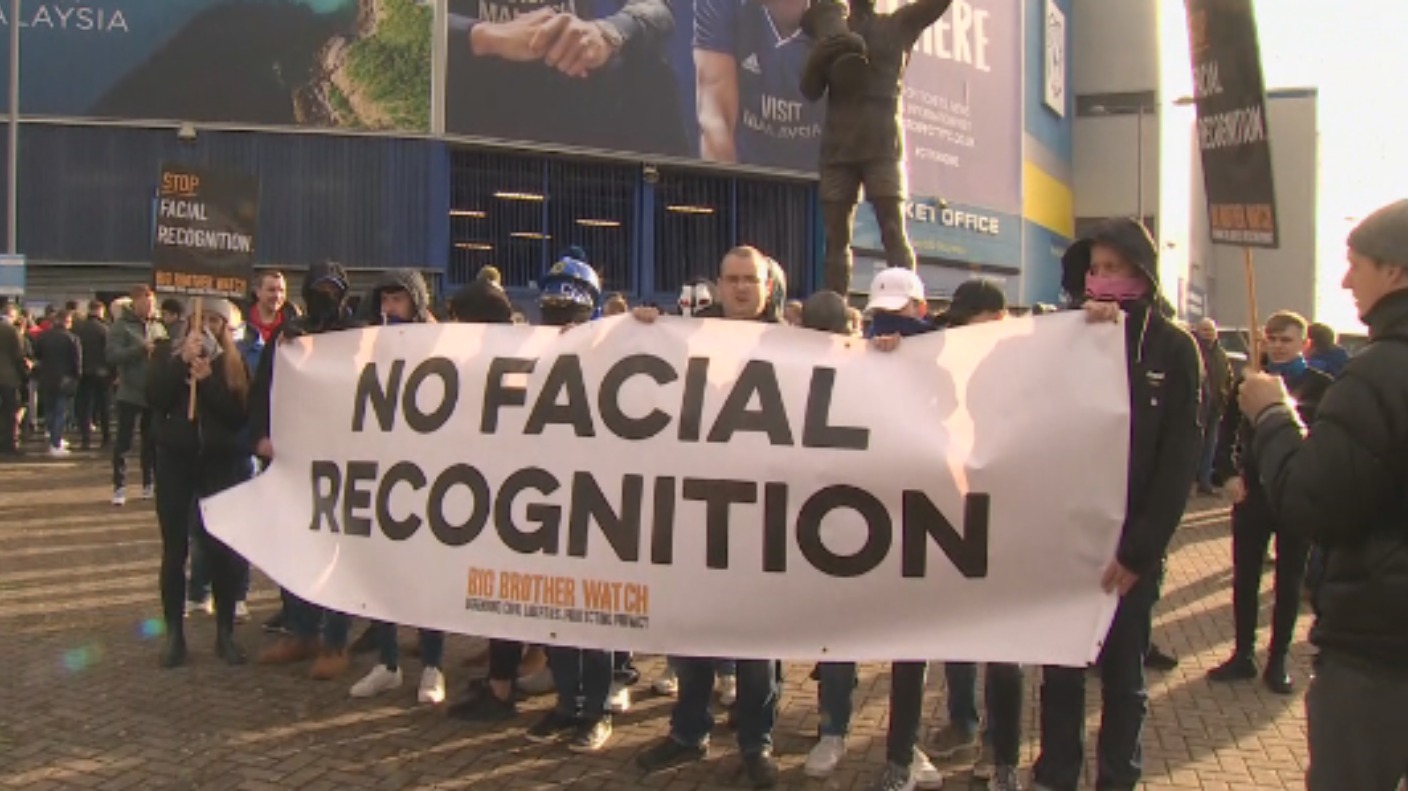 Go Ahead Entry Target Fields New Facial Recognition Technology For Fans
Apr 23, 2025
Go Ahead Entry Target Fields New Facial Recognition Technology For Fans
Apr 23, 2025
Latest Posts
-
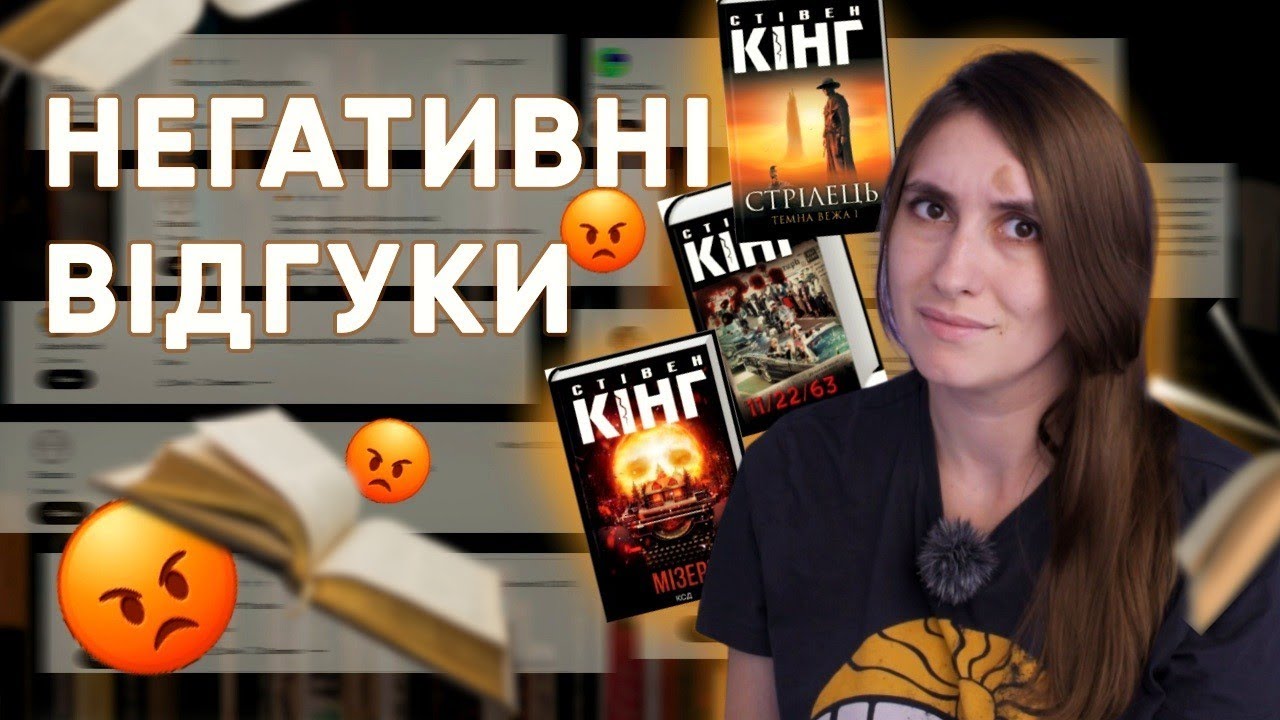 Reaktsiya Stivena Kinga Na Trampa Ta Maska U Yogo Postakh Na Kh
May 10, 2025
Reaktsiya Stivena Kinga Na Trampa Ta Maska U Yogo Postakh Na Kh
May 10, 2025 -
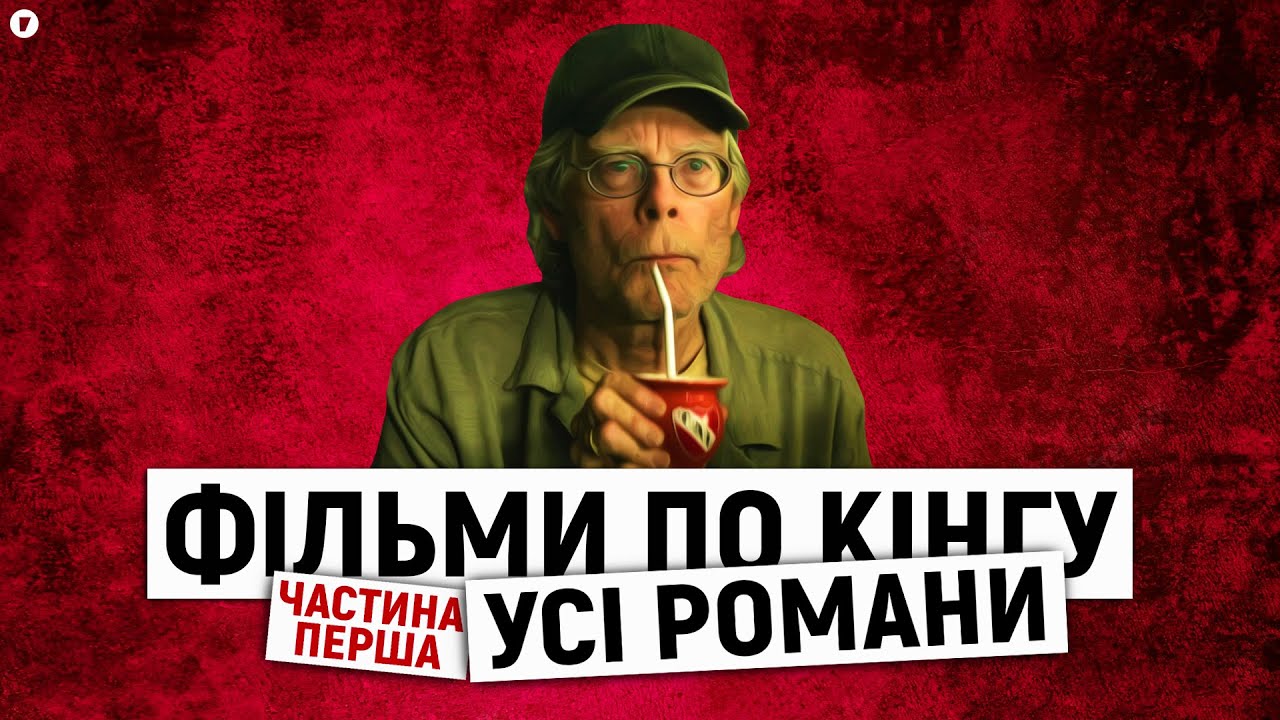 Povernennya Stivena Kinga V Kh Kritika Trampa Ta Maska
May 10, 2025
Povernennya Stivena Kinga V Kh Kritika Trampa Ta Maska
May 10, 2025 -
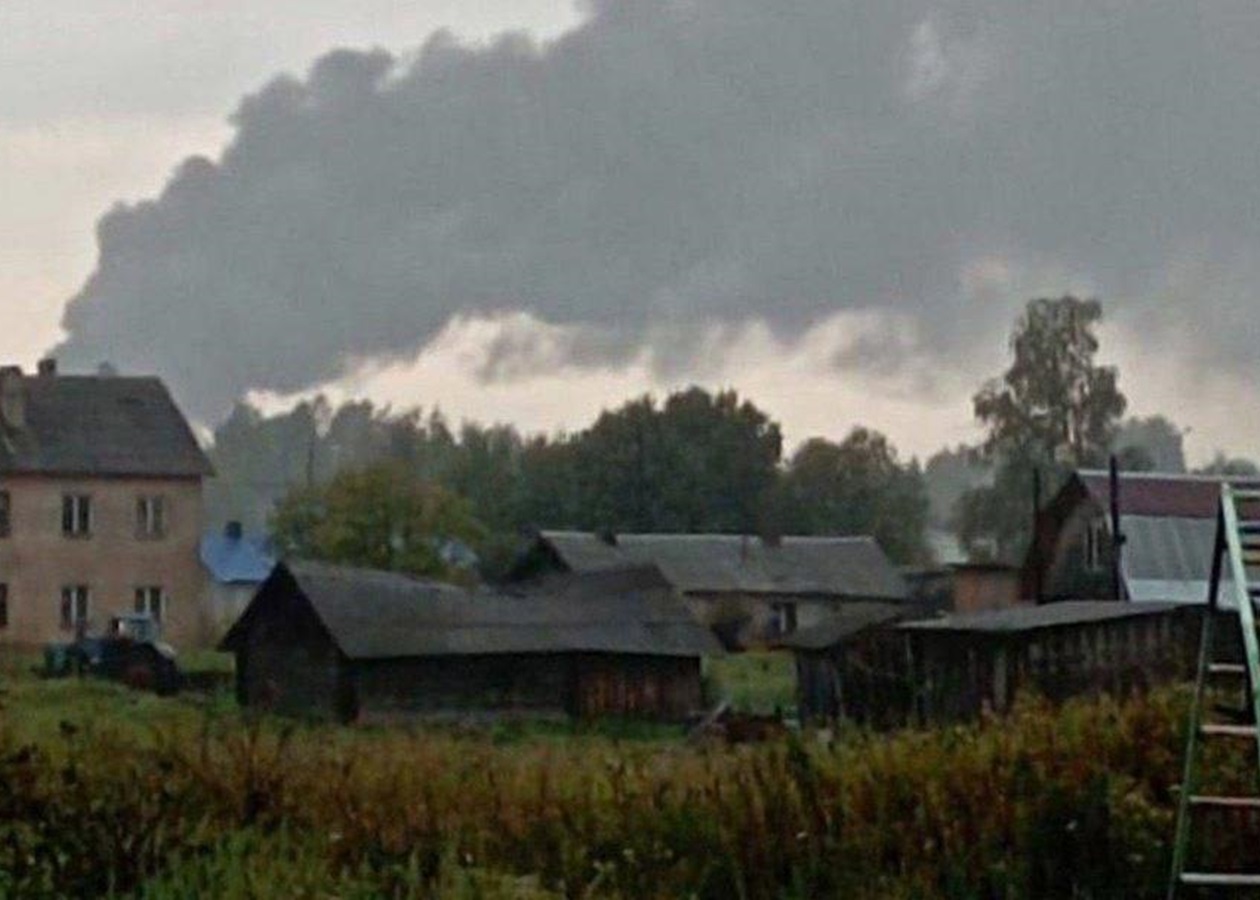 V Sotsseti X Stiven King Atakoval Ilona Maska
May 10, 2025
V Sotsseti X Stiven King Atakoval Ilona Maska
May 10, 2025 -
 Stiven King Novi Zayavi Pro Trampa Ta Maska Pislya Povernennya V Kh
May 10, 2025
Stiven King Novi Zayavi Pro Trampa Ta Maska Pislya Povernennya V Kh
May 10, 2025 -
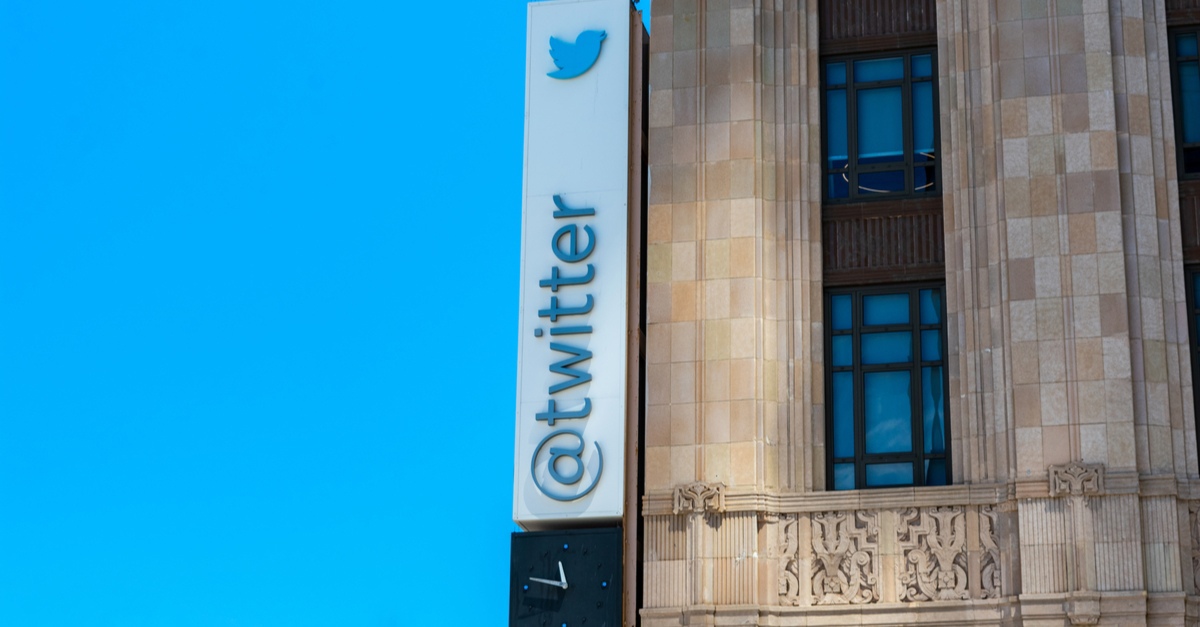 Stiven King Noviy Konflikt S Ilonom Maskom Na Platforme X
May 10, 2025
Stiven King Noviy Konflikt S Ilonom Maskom Na Platforme X
May 10, 2025
